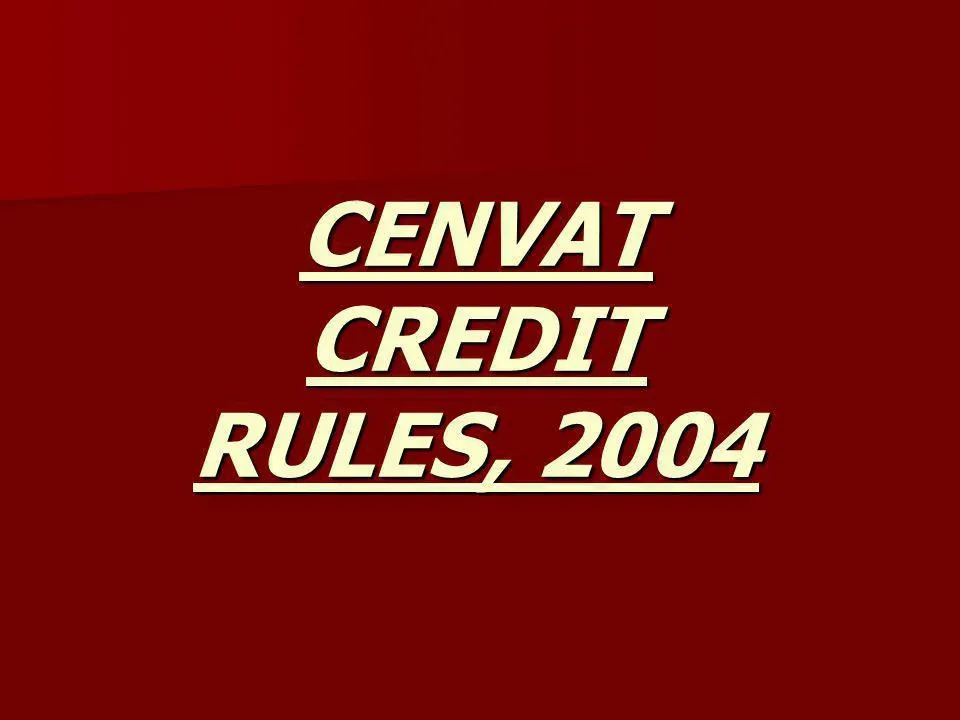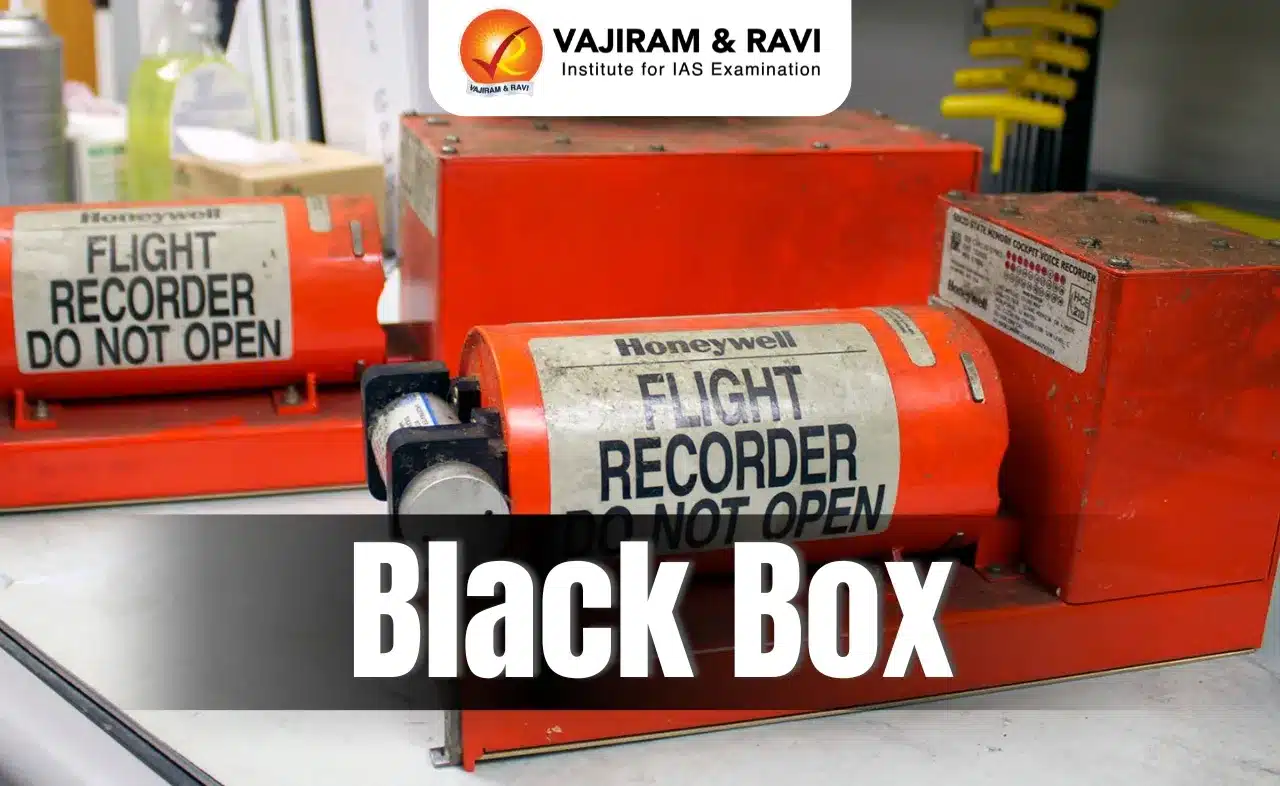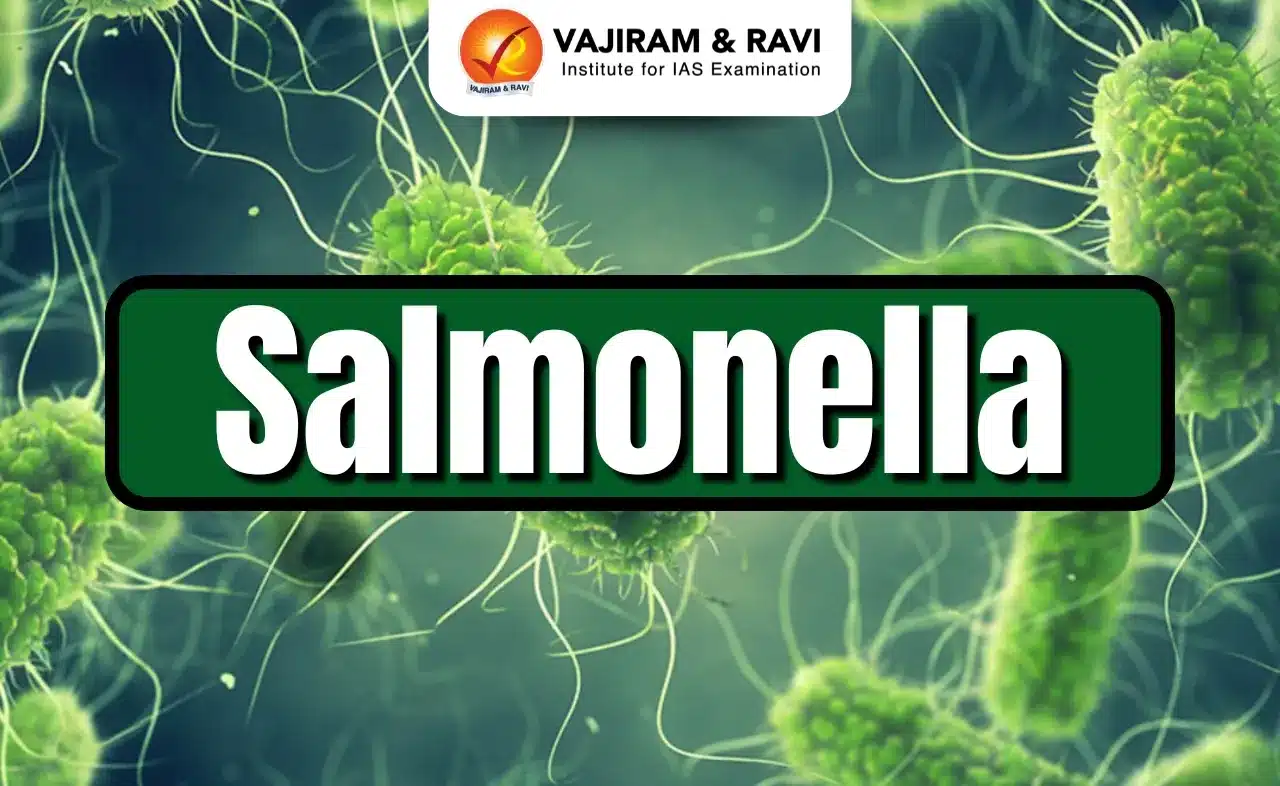About Central Value Added Tax (CENVAT) Credit:
- CENVAT allows a manufacturer to utilise the credit of excise duty or additional duty paid for the procurement of input services to pay off the excise duty on his/her final productor output services.
- Under CENVAT, manufacturers get credit for the tax paid on raw materials, which they can later use to offset the excise duty they owe the tax department.
- It was introduced as a modification to the previously functioning Modified Value Added Tax, or MODVAT.
- During the course of the manufacture of final products, the raw materials travel through various stages of production, wherein a duty is levied on every value-added at each stage.
- CENVAT, therefore, eliminates this double taxation, thereby simplifying taxation for manufacturers and consumers at large.
- In 2004, the government established ‘The CENVAT Credit Rules’ in order to implement CENVAT across the country and offer Indian manufacturers of final products certain tax credits on the excise duty payable by them.
- CENVAT credit refers to the set-off available to manufacturers if they utilise some specific inputs for manufacturing their products.
- A manufacturer can claim CENVAT credit on the following cases:
- Excise duty on a final product: For manufacturers and producers of final products.
- Service tax on output services: For providers of taxable and exempted services.
- Inputs and capital goods: If these goods are being partially processed.
- Impact on Businesses:
- It reduces the overall tax liability by allowing the offsetting of taxes paid on inputs against the final tax liability.
- It promotes compliance as businesses can claim credit only if the input supplier has paid the tax to the government.
- The availability of Cenvat Credit encourages businesses to invest in capital goods, as the tax paid on such goods can be claimed as credit. This incentivizes modernization and technological upgradation, leading to improved productivity and quality.
Q1: What is Excise Duty?
An excise or excise tax (sometimes called an excise duty) is a type of tax charged on goods produced within the country (as opposed to customs duties, charged on goods from outside the country). It is a tax on the production or sale of a good. This tax is now known as the Central Value Added Tax (CENVAT). It is mandatory to pay duty on all goods manufactured, unless exempted.
News: Telcos can claim CENVAT credit for towers, shelters: SC
Last updated on June, 2025
→ UPSC Notification 2025 was released on 22nd January 2025.
→ UPSC Prelims Result 2025 is out now for the CSE held on 25 May 2025.
→ UPSC Prelims Question Paper 2025 and Unofficial Prelims Answer Key 2025 are available now.
→ UPSC Calendar 2026 is released on 15th May, 2025.
→ The UPSC Vacancy 2025 were released 1129, out of which 979 were for UPSC CSE and remaining 150 are for UPSC IFoS.
→ UPSC Mains 2025 will be conducted on 22nd August 2025.
→ UPSC Prelims 2026 will be conducted on 24th May, 2026 & UPSC Mains 2026 will be conducted on 21st August 2026.
→ The UPSC Selection Process is of 3 stages-Prelims, Mains and Interview.
→ UPSC Result 2024 is released with latest UPSC Marksheet 2024. Check Now!
→ UPSC Toppers List 2024 is released now. Shakti Dubey is UPSC AIR 1 2024 Topper.
→ Also check Best IAS Coaching in Delhi






















